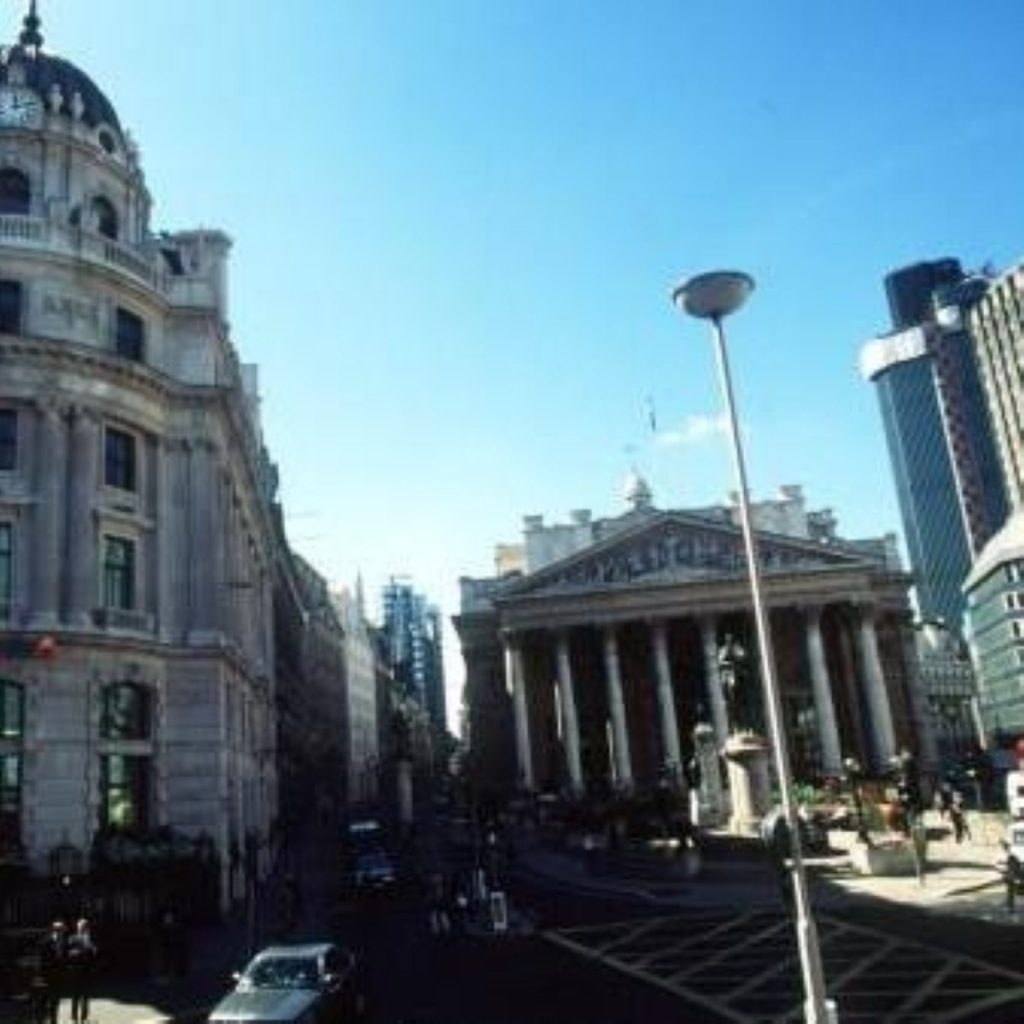Bank of England cuts rates to 0.5%
By politics.co.uk staff
The Bank of England today cut interest rates to 0.5 per cent and is to buy £75 billion worth of assets through quantitative easing.
The half point cut was widely expected as the prospects for the UK economy worsen and the Bank of England sees its two per cent inflation target go off-course as the threat of deflation grows.
The big decision, however, was the move for the monetary policy committee (MPC) to start pumping more money into the economy through a £75 billion quantitative easing move through the Asset Purchase Programme.


In a letter to the chancellor, the governor of the Bank of England, Mervyn King, asked for permission to create up to £150 billion to purchase private sector assets.
Alistair Darling responded authorising the move.
The MPC found the rate cut alone was not enough to aid the economy so “it resolved to undertake further monetary actions, with the aim of boosting the supply of money and credit and thus raising the rate of growth of nominal spending to a level consistent with meeting the inflation target in the medium term”.
Over the next three months, the MPC will buy medium and long-maturity conventional gilts, government bonds in the secondary market, along with private sector assets.
It is hoped by buying assets on the market, the Bank of England will both be able to hold back deflation and also provide more funds to lenders to increase lending and to companies to circumvent the lending freeze.
Vince Cable, Liberal Democrat treasury spokesman, said: “Today’s rate cut means the Bank of England has now run out of conventional weapons to fight this recession.
“With interest rates now close to zero and the real threat of prolonged deflation and recession, the Bank’s decision to start quantitative easing is understandable.”
He added: “Directly increasing the amount of money flowing into the economy is now the only clear option. However, the government must be careful that this kind of radical action doesn’t quickly turn deflation into high inflation.”
Borrowers waiting to see interest rates cut further on mortgages may be disappointed.
While a number of lenders are expected to cut tracker and standard variable rate (SVR) mortgage interest rates, only those that are contractually obliged to are expected to move.
Last month the MPC noted a further cut in interest rates could hit lenders’ profits – as they try to balance the needs of savers and borrowers.
Michael Coogan, director general of the Council of Mortgage Lenders, said: “This latest cut presents immense challenges for lenders whose margins are already squeezed as a result of previous reductions, leaving little scope to lower discretionary mortgage rates further.
“Savings are the lifeblood of mortgage lending, and unless lenders can offer competitive rates to savers their ability to offer new mortgages is restricted.”
Julian Jessop at Capital Economics has warned the Bank of England should not focus on buying government bonds with its £75 billion injection into the economy.
“Suppose the policy of quantitative easing achieves its objectives, the economy and financial system recover, inflation returns and, in due course, official interest rates are raised again,” he said.
“If the central bank has bought large amounts of government bonds, the yields on these bonds will eventually rise and they will have to be sold at a loss. What’s more, the disposal of these bonds may create losses for other holders too, potentially causing a new financial crisis.”
He added: “Purchases of government bonds are more likely to raise concerns about the independence of the central bank and to encourage unfavourable comparisons with what has happened in countries like Zimbabwe.
“These comparisons are wildly overdone, but policy-makers will obviously still be sensitive to these concerns.”












